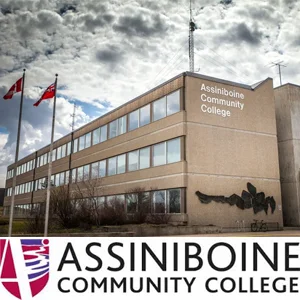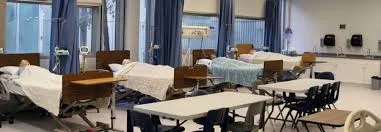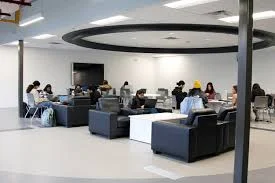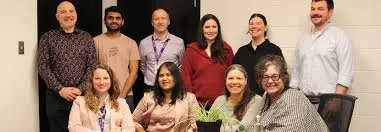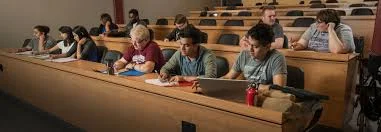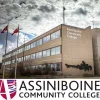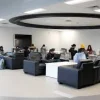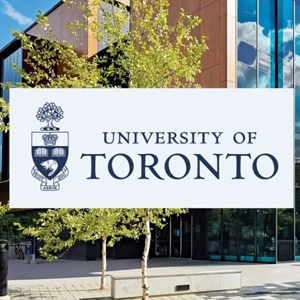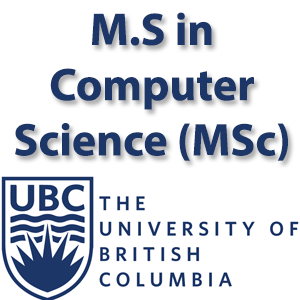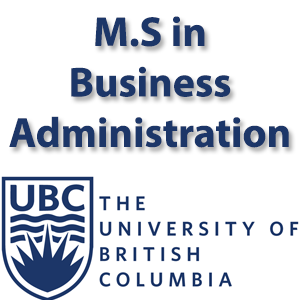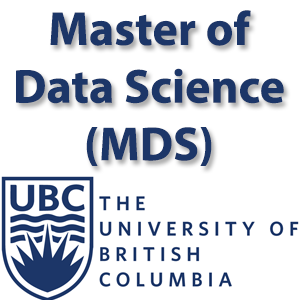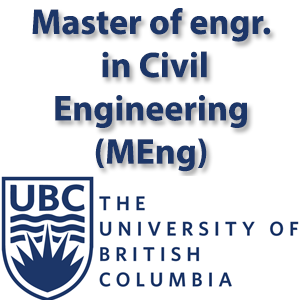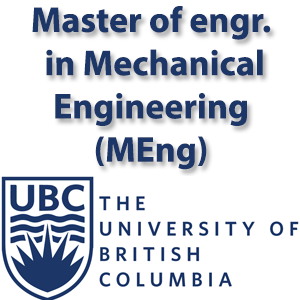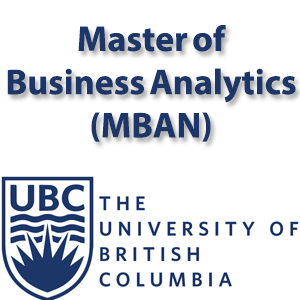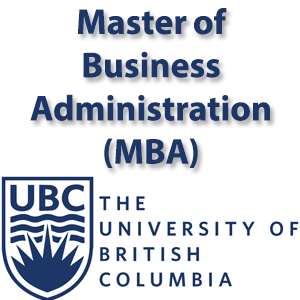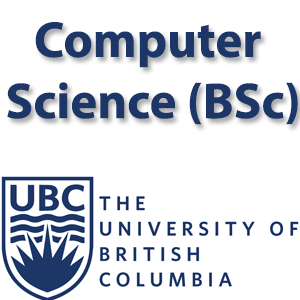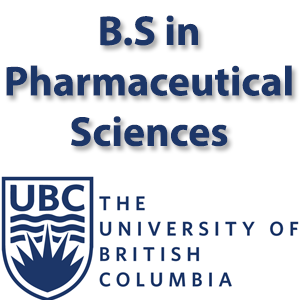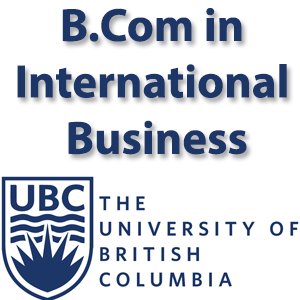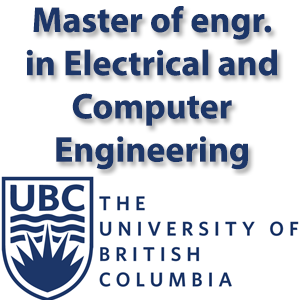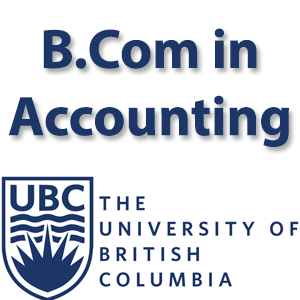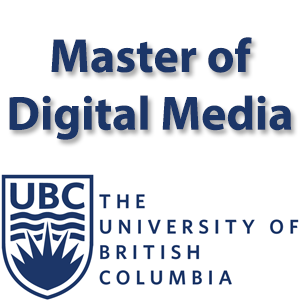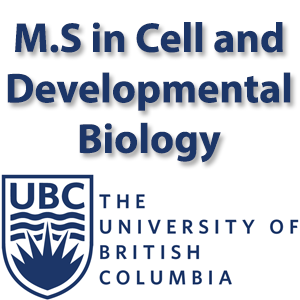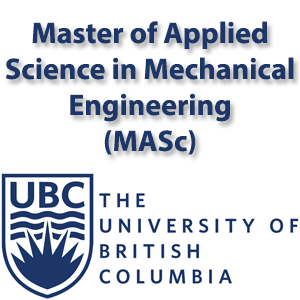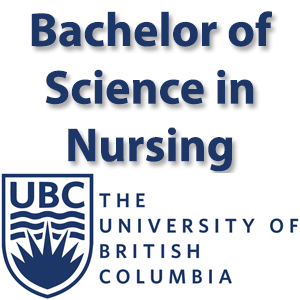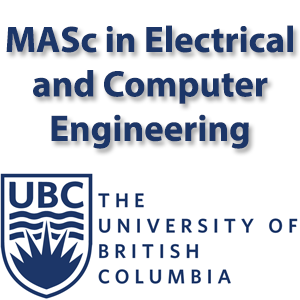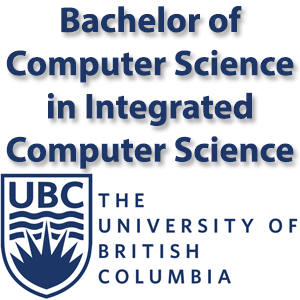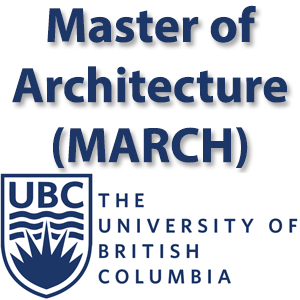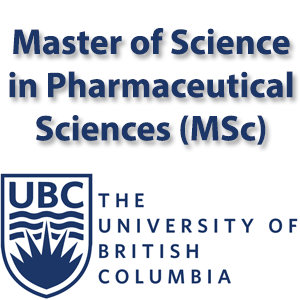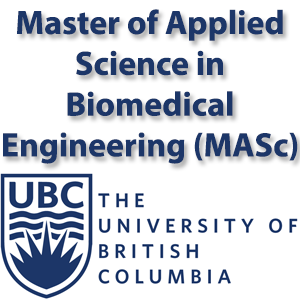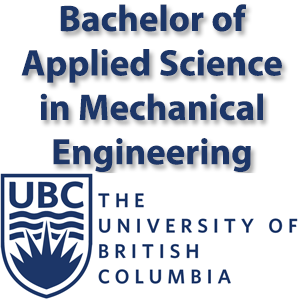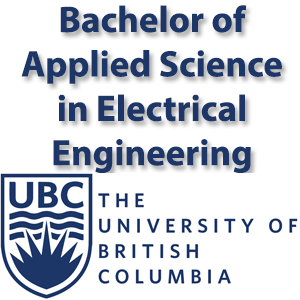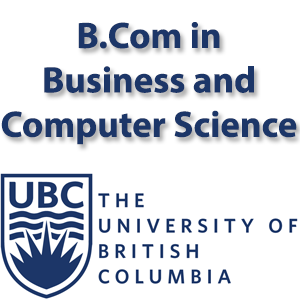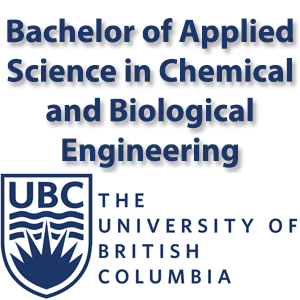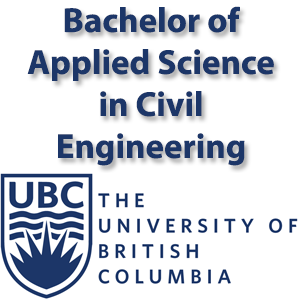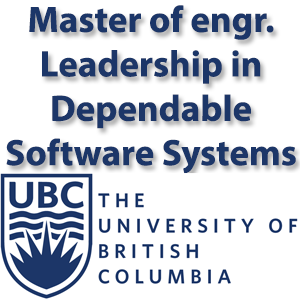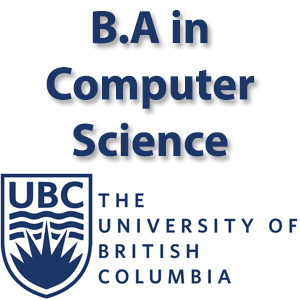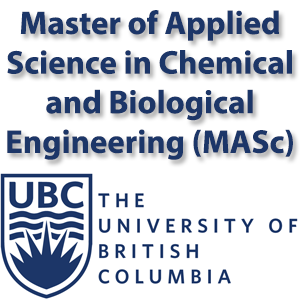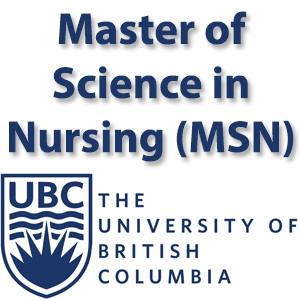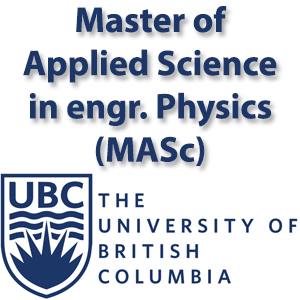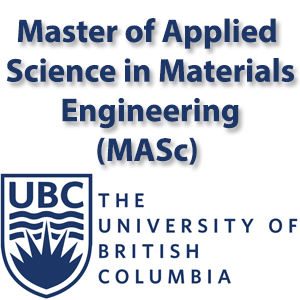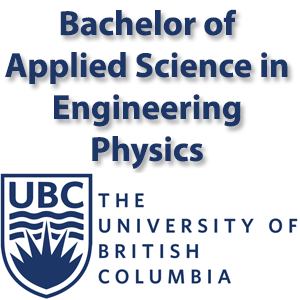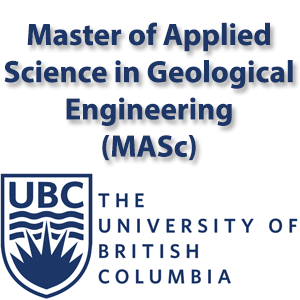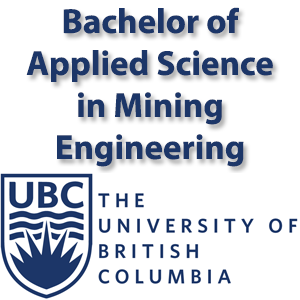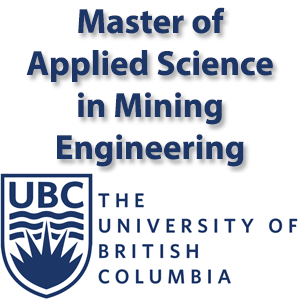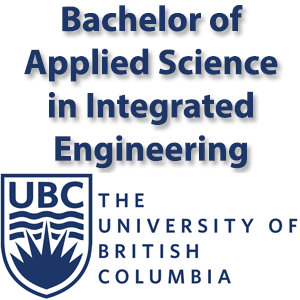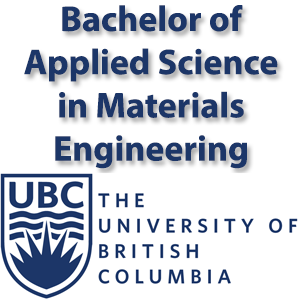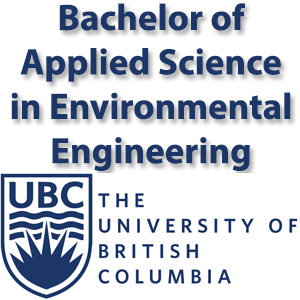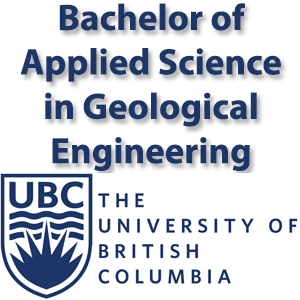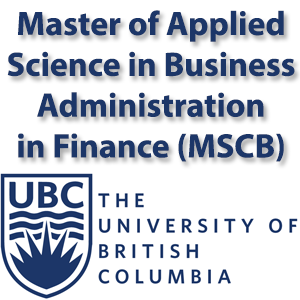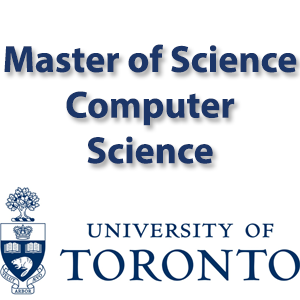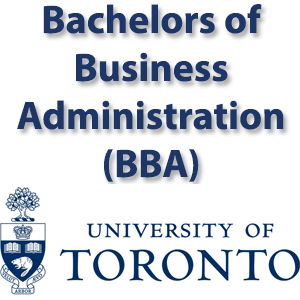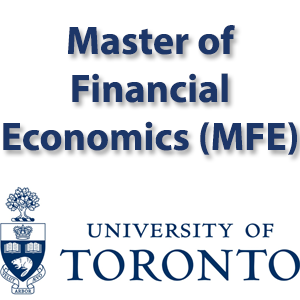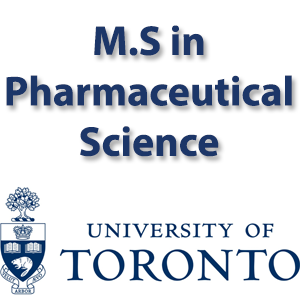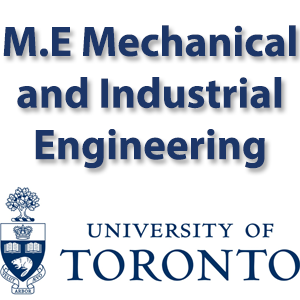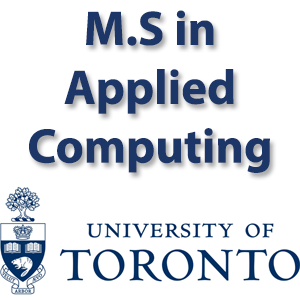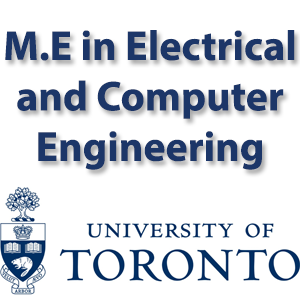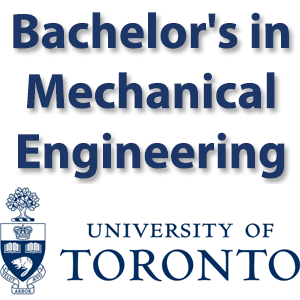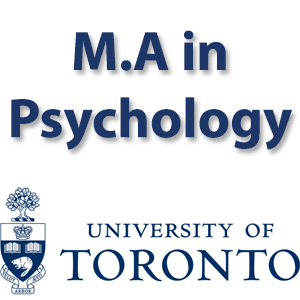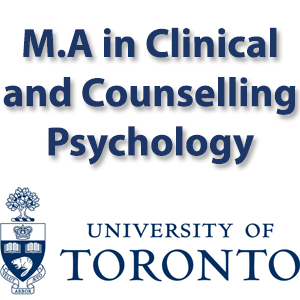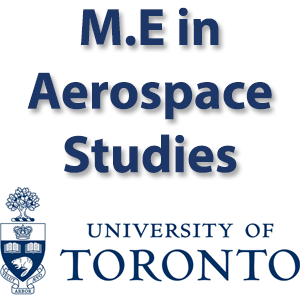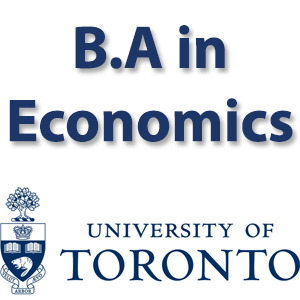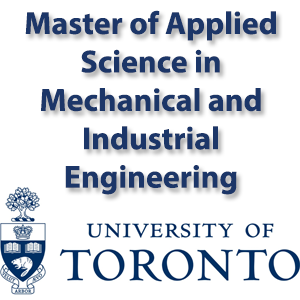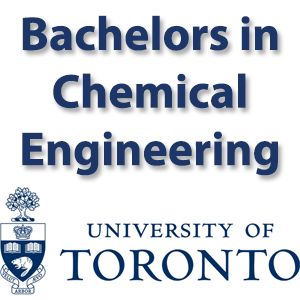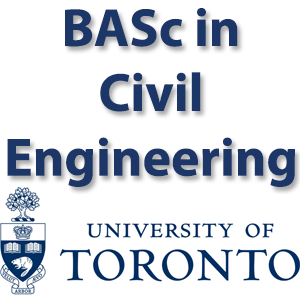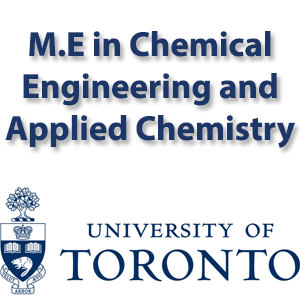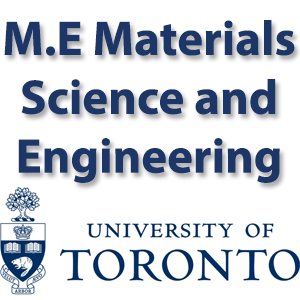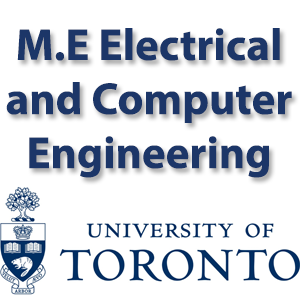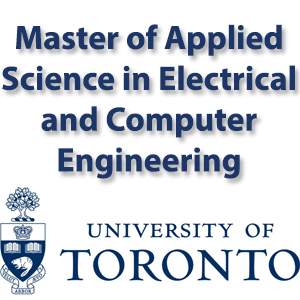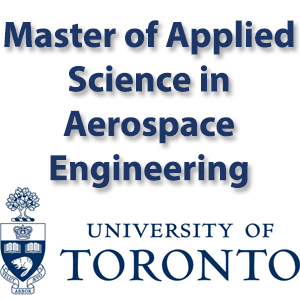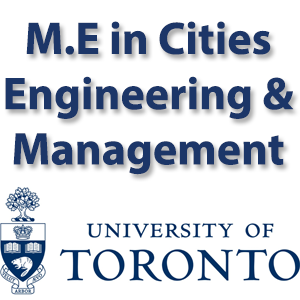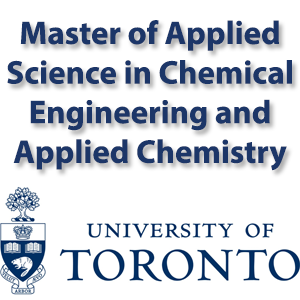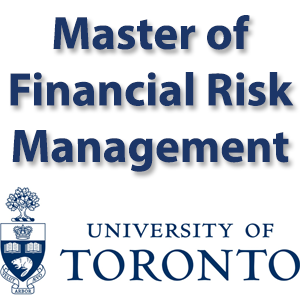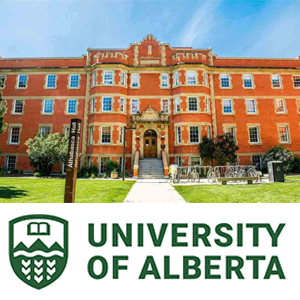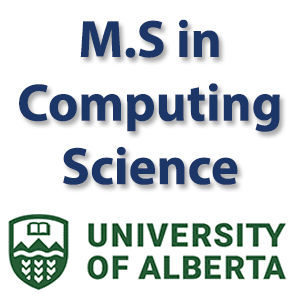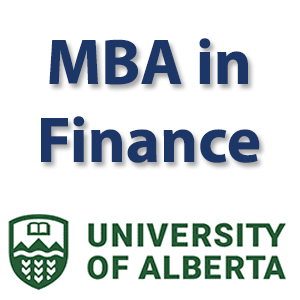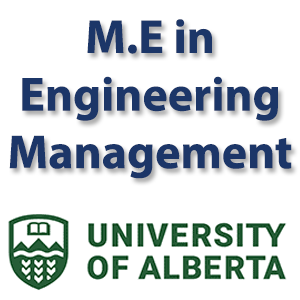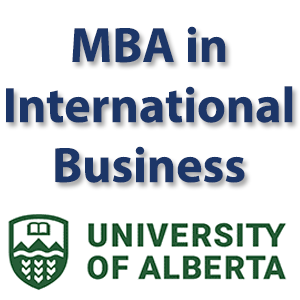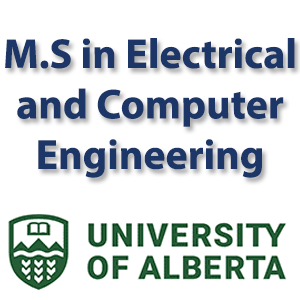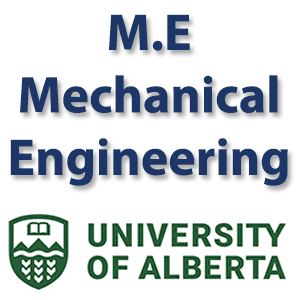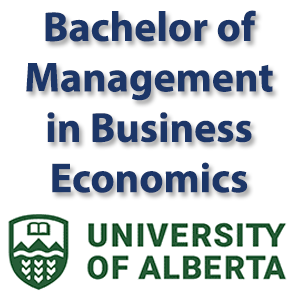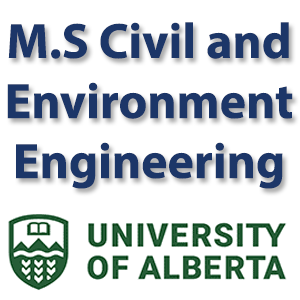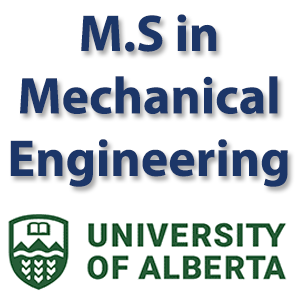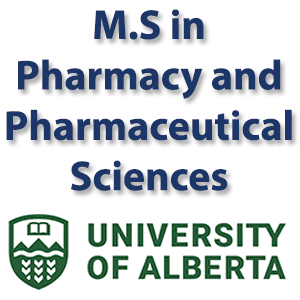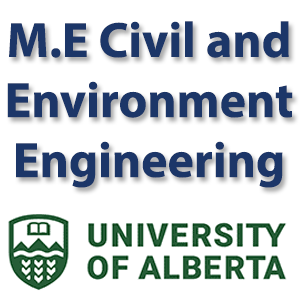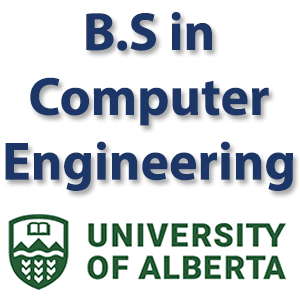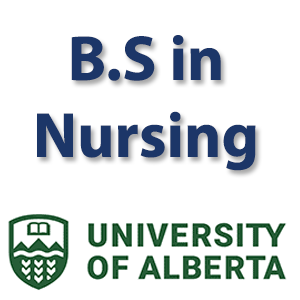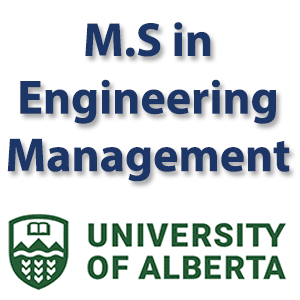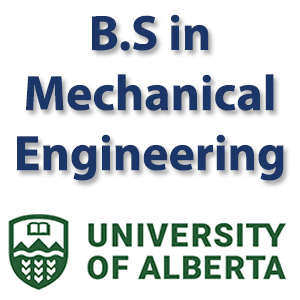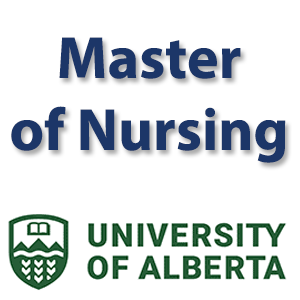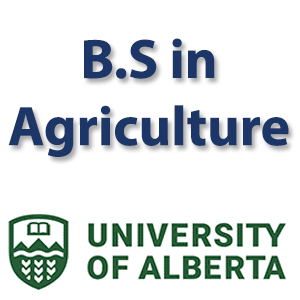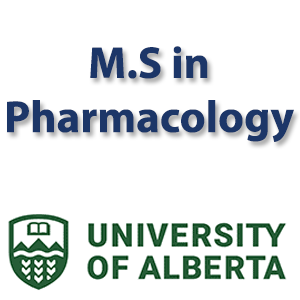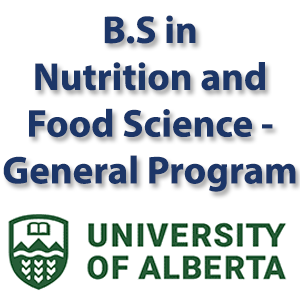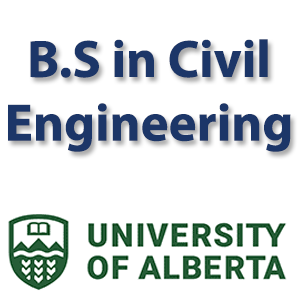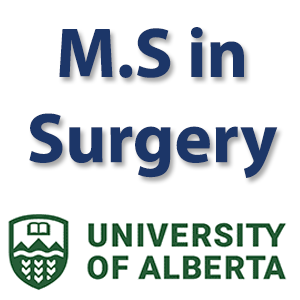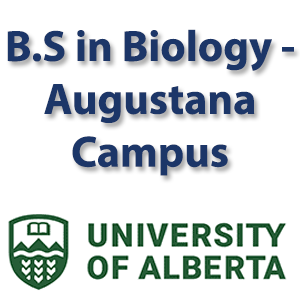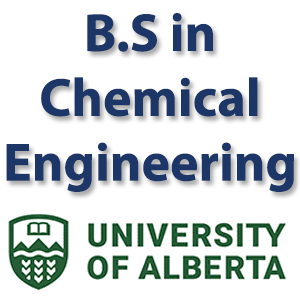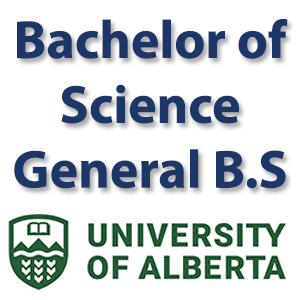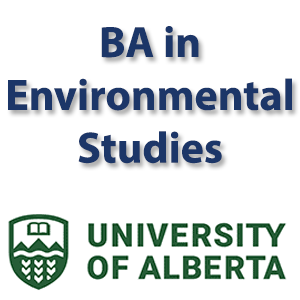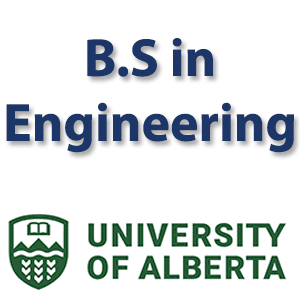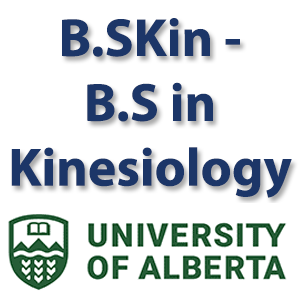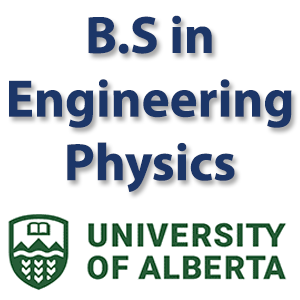Admission Requirements for International Students
The basic admission requirement for college eligibility is the equivalent of a Manitoba high school diploma. Additional admission requirements are set at the program level, such as specific subject requirements at a Grade 12 level. See each program page for details.
English is the language of instruction and official college communication at Assiniboine. Each program sets its own English language proficiency requirements. Please check individual program requirements, as these may differ from the minimum language requirement for admission. All applicants must meet or exceed the level of English language skills as outlined in the program’s admissions requirements.
Applicants must demonstrate ability in English that will meet the demands of classroom instruction, discussions and written assignments.
If English is not the student’s first/primary language and they are not from an English test-exempt country, they must provide supporting documentation to show they meet one of the acceptable conditions. Students will not be admitted until this requirement has been met.
If your high school education is from a country outside of Canada, or if you are an international student, please see our international admission requirements.
Regular Programs
All regular programs require an equivalent (from your home country or another Canadian province) to a Manitoba Grade 12 diploma, including a “Language Arts” (in your first language) in the 12th year of study (or later). Most programs also require a Mathematics in the 12th year of study (or later). Note: “40S” in Manitoba means the 12th year of schooling; in many countries that is called “senior” or “higher” secondary level.
Some regular programs require an advanced level of mathematics or a minimum grade in language arts. Refer to the “Admission Requirements” on each program page for this information.
All applicants must meet English language proficiency requirements. Please visit the English Language Proficiency page to ensure you meet requirements. If you do not, consider our English for Academic Purposes program or one of the other programs listed on that page. If you have questions, email international@assiniboine.net.
You will also need proficiency with keyboarding and basic computer applications, as you will do much of your schoolwork using a computer, and many programs do not teach these skills.
Note: For some programs including Accounting with Co-op, Agribusiness, Civil Technician, Finance with Co-op, Horticultural Production, Land and Water Management, and Sustainable Food System programs, we strongly encourage you to have a driver’s licence. Access to a car will also be beneficial to you.
A driver’s licence is not an admissions requirement, but if you do not have one, you may not be able to graduate from the program. In the practicum or co-op in these programs, most work opportunities will require you to drive to locations outside of the city bus service. If you do not have a driver’s licence, you may not be able to find a practicum/co-op placement, as required for graduation. Receiving a Manitoba driver’s licence can take several months for any new resident of Manitoba. If you do not have a driver’s licence in your home country, it could take nine months or longer (which means you could not complete your practicum/co-op at the normally scheduled time).
Post-Graduate Programs / Advanced Diplomas
These programs require completion of a related college diploma (two-year minimum) or university degree. All applicants must also meet English language proficiency requirements.
Additional Requirements
Some programs will list one or more of the following as an admission requirement:
- Criminal Record Check,
- Child Abuse Registry Check,
- Adult Abuse Registry Check.
If you are in Canada when you apply to the program, you will need to complete the check(s) and submit the proof as part of your application. We could not process the application without the check(s).
If you are outside of Canada when you apply to the program, we will process the application without the check(s). But, to remain in the program, you will be required to complete the check(s) as soon as possible after you arrive in Canada.
English for Academic Purposes (EAP)
Assiniboine International offers English for Academic Purposes (EAP) classes in Brandon, Manitoba. Students are required to have a minimum IELTS score of 5.0 Academic or equivalent to be admitted. You can apply to Assiniboine’s EAP program and a college program with the same application, for one application fee.
Note: that there could be a gap of a number of months between finishing the EAP program and the start of the college program. Also, note that you may require more than one 14-week session of EAP classes to achieve the English proficiency level required for the college program
About Assiniboine
Exceptional Learning Experiences for more than 60 Years
Assiniboine College has been providing exceptional learning experiences for more than 60 years. For staff and students alike, Assiniboine offers unparalleled learning environments and responds well to the demands and requirements of the Manitoba labour market. Here, instructors follow the philosophy of ‘learn by doing,’ combining theory with hands-on learning inside classrooms, labs, kitchens, shops, fields and the college’s Sustainable Greenhouse. We are an accredited college with the Province of Manitoba.
We offer more than 75 unique certificate, diploma and post-graduate programs across a variety of disciplines including culinary arts and hospitality, business, agriculture and environment, health and human services, trades and technology. We also deliver apprenticeship programming in a range of skilled trade disciplines.
Our Victoria Avenue East campus (Centre for Adult Learning – Brandon) and North Hill campus (Len Evans Centre for Trades and Technology, Manitoba Institute of Culinary Arts, and the Sustainable Greenhouse) are located in Brandon. Our Parkland campus, which also includes a Centre for Adult Learning, is located in Dauphin, Manitoba. At our Winnipeg and Portage campuses, we deliver our Practical Nursing program. Assiniboine College continues to partner with dozens of communities and organizations across the province to deliver place-based education and training every year.
Board of Governors
About the Board of Governors
Assiniboine College is governed by a Board of Governors as legislated in the Colleges and Consequential Amendments Act of the Province of Manitoba, Canada. The Board is responsible to the Minister of Economic Development and Training and governors are appointed by the Lieutenant Governor in Council.
The Assiniboine College Board of Governors considers itself to be a policy board and has adopted a governing style that emphasizes outward vision, encourages diversity, provides strategic leadership and that clearly distinguishes between the work of the board and college staff. The board is responsible for establishing college policy, developing the long-range vision and mission statement, ensuring effective and efficient management of resources, and maintaining communication with the community the college serves.
Board Governance Handbook
Board of Governors meeting minutes
Our Board of Governors
Ruth Mealy – Chairperson
Ruth retired as a provincial economic development specialist in 2018 where her work focused on developing Community Economic Development programs and resources for rural and northern communities. She was a board member of the Canadian Rural Revitalization Foundation and is an honorary life member of the Economic Developers Association of Manitoba. Since retiring, Ruth has been a consultant in economic development for many communities and agencies across the province. She was councillor and then reeve for the Municipality of Grassland council from 2016 – 2023, and resides on the family farm near Minto, with her family.
Jan Chaboyer – Vice Chairperson
Jan Chaboyer, of Brandon, Manitoba, is a retired Purchasing Manager who spent over 35 years at Brandon University. Prior to her retirement in 2022, she served as a Brandon City Councillor for 12 years and was appointed Deputy Mayor in one of her terms. Jan also held the position of President of the Brandon and District Labour Council for many years. Presently, she is active in the community on the Brandon University Pension Board of Trustees, Board member of the Park Community Centre, and a member of the YMCA and the Brandon Garden Club.
Jennifer Bone – Board Member
Jennifer Bone is an Indigenous woman (Dakota) and is the former Chief of Sioux Valley Dakota Nation. Prior to becoming Chief, Ms. Bone served as an elected Council member for eight years. She is an active community member, a member of the United Way Indigenous Advisory Council and former Chairperson of the Brandon Urban Aboriginal Peoples Council. She is a recipient of Queen Elizabeth II’s Platinum Jubilee Medal and a YWCA Women of Distinction Award for Social Action and Community Service. Ms. Bone is an alumna of Assiniboine College with a Business Administration diploma specializing in Management and is currently working towards completing her Master of Business Administration.
Mona Cornock – Board Member
Mona Cornock is a Professional Home Economist who has worked in rural community development across Manitoba and internationally throughout her career. She has served on various boards and organizations including the Keystone Centre Board of Directors, the Wheat City Curling Club, the Canadian Society of Extension, the Manitoba Home Economics Association and the Agriculture Institute of Canada.
Randy Daley – Board Member
Randy Daley is currently a Councillor with the City of Dauphin completing his first term in office. Randy brings with him extensive experience in community and economic development. Following a successful 25-year career with the Royal Canadian Mounted Police, Randy transitioned into economic development roles including being a Facilitator with Workplace Education Manitoba for 15 years and the Executive Director of East Parkland Economic Development for three years. Randy believes strongly in giving back and has always been an active member in the sports community. He held the role of GM/President and Governor of the Dauphin Kings hockey team for 16 years and co-chaired several initiatives to bring national large sporting events to Dauphin.
Lisa Huston – Staff Representative
Lisa is the is the Industry Liaison and Work Integrated Learning Coordinator in Assiniboine’s Peters School of Business, helping students coordinate work practicum placements with industry partners in Manitoba. She began her career at the college 15 years ago and has had the opportunity to work in a variety of roles and departments – most recently as Alumni Relations Coordinator in the Advancement Department for the last 10 years. Prior to working at the college, she was a Marketing Manager at MNP in Brandon, MB.
Amanda McGregor – Board Member
Jody Stevens – Board Member
Jody Stevens was employed as Secretary-Treasurer for Tiger Hills and Prairie Spirit School Divisions for 20 + years. She served as a regional representative for the Manitoba Association of School Business Officials. She resides on the family farm and owns Air Greenway Ltd, an aerial spraying company. Jody is an active member of the Waves of Hope dragon boat team as a paddler and treasurer.
Ketan Patel – Board Member
Ketan Patel is a Real Estate Agent in Brandon. Ketan is originally from India and initially settled in Toronto in 2013 before making Brandon home in 2014. He is an active participant in East Indian cultural groups, as well as the Westman Cricket Association and Pitch Burners Cricket Club. He has previously been employed by Westman Communications Group in Brandon in the roles of Network Operation Centre Analyst, as well as Broadband Systems Technician. He holds a Bachelor of Commerce degree specializing in Advanced Accounting, Management and Economics from Gujarat University in India.
Tere Stykalo – Board Member
Tere Stykalo is a business advisor and partner with MNP LLP. Stykalo has been with MNP LLP for 30 years and has served on various committees throughout his time at the firm. A graduate of Assiniboine College’s Business Administrative Program in 1991, he represented the college and Manitoba at the Canadian College National Curing Championships in 1990. Stykalo is a proud ag producer who owns and operates T. Stykalo Farms in Dauphin, MB with his wife and family. He is also an active member of the community, having served on many committees and board throughout the years.
Alec Walters – Student Representative
Alec Walters is the President of the Assiniboine College Students’ Association (ACSA) and a second-year student in the Social Service Worker program at Assiniboine College. He previously served as the Health and Human Services Representative on the ACSA and has also held leadership roles such as Vice President of his former student council, where he helped organize community initiatives like Clean Up Day and student Town Halls. Alec brings additional experience as a Math Teacher, a Student Library Advisory member at St. Joseph’s Teachers’ College, and as a Human Resources Intern. Passionate about advocacy and community building, he is dedicated to being a strong voice for students and fostering positive change on campus.
Jeremy Wilkinson – Board Member
Jeremy Wilkinson works for the Canadian Federal Government in Manitoba as a manager. Before this, Jeremy worked in the hospitality and construction industries in Brandon. Jeremy has been on the Board of Prairie Skills Inc. for 10 years, which oversees Employment Skills and Development Canada for the Southwestern Manitoba area. He is a proud graduate of Assiniboine College.
Since 1961
Assiniboine College first opened its doors in February 1961 as the Brandon Vocational Training Centre. Shops and classrooms were located in several buildings throughout the city. The centre was soon renamed to Manitoba Vocational Training Centre and in 1966 students moved into a new building at 1430 Victoria Avenue East.
In December 1969 the centre became Assiniboine Community College when Manitoba’s three technical vocational schools were made community colleges.
When the vocational centre opened in 1961, it had a staff of four and offered two courses to 24 students. By 1966 it had grown to a staff of 24 and offered 11 programs to 300 students.
Today, the college offers more than 75 certificate, diploma, advanced diploma, and apprenticeship programs to over 2,800 full-time students. Numerous off-campus, part-time and evening programs contribute to an annual enrolment of over 11,000.
The college offers practical nursing training at campuses in Brandon, Dauphin and Winnipeg, as well as rural rotating sites throughout the province.
The college’s Centre for Adult Learning – Brandon, located at the college’s Victoria Avenue East campus, delivers a Mature Student High School program, English language courses, and upgrading courses. Assiniboine’s Parkland Campus in Dauphin offers several full-time day programs, a Centre for Adult Learning and continuing studies courses.
Assiniboine began to develop a new campus at the former Brandon Mental Health Centre site on the north hill in Brandon. Culinary Arts and Hotel and Restaurant Management programs moved to their new home inside the Manitoba Institute of Culinary Arts with a grand opening in October 2007.
The college continued its relocation with the official opening of the Lens Evans Centre for Trades and Technology in October 2010. The college’s sustainable greenhouse opened in the spring of 2013 and is home to applied research as well as the Horticultural Production and Sustainable Food Systems programs.
Assiniboine’s relocation and expansion continues at the North Hill Campus.
Costs for International Students
Fees for international students are different than those for domestic students. Ensure you are looking at the correct fees on the program pages, as both prices for international and domestic students are listed. We provide estimated fees, and these are subject to change.
All fees are estimated and subject to change without notice and that fees increase annually on July 1st.
If you have questions related to fees, please email international@assiniboine.net and state which program(s) you are asking about.
Many students consider working while studying. However, we strongly encourage you to allow at least one month in your college program so you understand the workload before making decisions about working. Many of our program schedules will be full days (8:30 a.m. to 4:30 p.m.) Monday to Friday, plus study and homework time. Some college programs have evening class schedules.
View information about financial aid for international students.
Living costs
IRCC requires a single student to have adequate funds for a twelve-month period plus the cost of tuition to be eligible for a study permit to come to Canada. Starting January 1, 2024, a single applicant studying in Canada needs to demonstrate that they have at least $20,635 in Canadian dollars in addition to their first year’s tuition. This amount will be adjusted every year as Statistics Canada updates the low-income cut-off.
The tuition figure used will be the cost of first-year tuition (not including textbooks). This is a realistic estimate of the amount needed to live while in Canada.
A typical monthly budget for a single student is:
- Rent and utilities: $800 to $1400
- Food: $250 to $400
- Transportation: $30 to $300 (depending on the city, and whether you use a car).
- A Brandon Transit subsidized bus pass is already included in student fees for those students studying at one of our Brandon campuses.
- Miscellaneous expenses: $100
- Furniture: Variable
- Recreation: Variable
Students coming from most countries will also need to purchase clothing suitable for Manitoba winters. Insulated jackets/coats, sweaters or fleece, mittens, hats and boots will be required. Budget $300 to $500 if you are buying everything new.
Insurance
We are happy to announce that we will offer the International Student Health Plan for primary health care (doctor/hospital), and Extended Health Care (dental/vision/prescriptions). Both the International Health Plan and Extended Health Care are provided through Student VIP. All International students will be required to purchase this health insurance as a condition of attending Assiniboine. The cost of the insurance premiums will be $997 for a full year of insurance for a single student. The college will invoice you for these premiums and send the funds to the insurance company on your behalf. This cost will be payable before the first day of college.
It is required by law to have a driver’s license and Manitoba Public Insurance (also called “Autopac”) in order to use a vehicle. We also recommend tenants’ insurance for your belongings. Look under “Insurance” in the Yellow Pages to find an insurance broker that can help you with your insurance needs.
Funding your education is a big part of your academic journey – and we’re here to help. Many Assiniboine students qualify for scholarships and bursaries every year.
Scholarships
Scholarships recognize your achievements – in academics, leadership, community involvement, or athletics.
Some are automatic based on your grades. You’ll be automatically considered when you apply to your college program – no extra forms or deadlines. Others require an application, which you’ll need to complete through AwardSpring to be considered.
- Tip: Apply early! The earlier you apply to your program, the more scholarships you’ll be considered for.
Bursaries
Bursaries are based mainly on financial need. You’ll need to complete a bursary application through AwardSpring to be considered.
When to Apply
Once you’re accepted or conditionally accepted into your program, you can start applying for scholarships and bursaries. Login to AwardSpring and create a profile using the email address you provided on your college application.
Didn’t provide an email address or you provided an email address you can no longer access? Contact awards@assiniboine.net for assistance.
Many scholarships and bursaries are reviewed year-round – so it pays to apply early!
Everyone should apply. Chances are, you’re eligible for some form of financial support.
Thinking of studying at Assiniboine College?
Entrance Awards
As a full-time certificate, diploma or advanced diploma student at Assiniboine, you may be eligible for an entrance award to apply directly against your tuition.
- Applying is easy! Diane Shamray International Award online at assiniboine.net/awards
- Apply before you begin your program. You must apply for an entrance award once you’ve been accepted into a program of study at our college and before you begin your classes. Part of your application for this award requires that you tell us why you’ve selected the program that you did at Assiniboine. Please refer to assiniboine.net/awards for deadline details.
- Studying in a two-year program? Recipients of the international student award who are in a two-year diploma program will receive the award against their tuition in both their first and second year of studies in the same program.
Bridging Bursaries
We offer bursaries of up to $2,000 available to support international students returning for their second year of study. These bursaries are awarded to students who demonstrate the most financial need.
- Apply before your second year of study. The deadline to apply is in February each year.
- Applying is easy! Go to assiniboine.net/awards and click the button located under ‘Ready to Apply’. From there, create an account and choose the International Student Bursary from the list.
- Plan for your second year of college. Recipients of the International Student Bursary will be notified in the spring, in advance of their second year of study. Any bursary amount awarded will be credited towards your tuition for your second year of study.
Studying in Canada
These FAQs were prepared by Assiniboine’s Regulated International Student Immigration Advisor #S722736. Information is valid as of June 30, 2025, but could change without notice. Please check for updates on Immigration, Refugees and Citizenship Canada‘s website.
Please be reminded that it is your responsibility as a temporary resident of Canada to ensure you are meeting all your conditions. If you require further advice, we highly recommend that you reach out to a Regulated Canadian Immigration Consultant (RCIC) to discuss your situation in more detail. RCIC’s charge a fee for their services. Please visit this website to search for an RCIC: RCIC Search (college-ic.ca). In the search tab, type in your location as the City so that you can find a list of RCIC’s that provide their services near you.
What is a study permit?
A study permit is a document issued by Immigration Refugee Citizenship Canada (IRCC) that allows foreign nationals to study at a designated learning institutions (DLIs) in Canada. A study permit does not allow you to enter Canada. To enter Canada, you may require a Temporary Resident Visa (TRV) or Electronic Travel Authorization (eTA).
Do I need a study permit to study at Assiniboine?
Most foreign nationals need a study permit to study in Canada. Make sure you have all the documents you need before you apply. You should apply before you travel to Canada. To find out if you need a study permit, please use this IRCC questionnaire.
Do I need a Temporary Resident Visa (TRV) or Electronic Travel Authorization (eTA)?
To find out if you require a Temporary Resident Visa (TRV) or Electronic Travel Authorization (eTA) please use this IRCC questionnaire.
How do I apply for a study permit?
You can apply for a study permit with Immigration Refugee Citizenship Canada (IRCC) online.
What documents do I need to apply for a study permit?
At minimum to apply for a study permit you will need:
- Proof of Acceptance (Letter of Acceptance)
- Provincial Attestation Letter (PAL)
- Proof of Identity (such as a passport)
- Proof of financial support
You may also need to provide the following:
- Letter of explanation
- A medical exam
- Other documents
Please visit the IRCC website for more information. Can I apply for my study permit from inside Canada?
Generally, you must apply for a study permit before you come to Canada. Only some people can apply for a study permit from within Canada. Please use this IRCC questionnaire to find out if you are eligible to apply from within Canada.
Can Assiniboine apply for my Study Permit for me?
No, Assiniboine cannot submit a study permit application on your behalf. You should apply for your permit, or you can seek the assistance of a Regulated Canadian Immigration Consultant (RCIC) or an Immigration Lawyer.
What is a Designated Learning Institution (DLI)?
A school in Canada that a student must be accepted at before they can qualify for a study permit (as of June 1, 2014).
Consult the designated learning institutions list (DLI) for schools at the post-secondary level.
All primary and secondary schools in Canada are automatically designated. They do not appear on the list. Applicants for primary and secondary schools do not need a DLI number on their application form.
See Secondary school.
What is Assiniboine’s DLI number?
Assiniboine’s DLI number for all locations is O19201282282
What do I need to apply for a study permit extension?
At minimum to apply for a study permit extension you will need:
- Letter of Acceptance, or
- Letter of Enrolment
- Proof of Identity (such as a passport)
- Proof of financial support
You may also need to provide the following:
- Letter of explanation
- A medical exam
- Other documents
Please visit the IRCC website for more information. How do I apply for a study permit extension?
Apply online through Immigration Refugee Citizenship Canada (IRCC).
Do I need a Guaranteed Investment Certificate (GIC) for a study permit extension?
No, you do not need a GIC to extend your permit. You still must show proof of funds for your extension. Please see the IRCC webpage for a list of proof of funds options.
How do I change my Designated Learning Institution (DLI)?
As of November 8, 2024, IRCC requires post-secondary students to apply for a new study permit if transferring to a new Designated Learning Institution (DLI).
For more details and guidance, visit the IRCC website.
Can I work as an international student?
As an international student, you may be eligible to work on or off-campus during your studies.
Visit our FAQs about working in Canada. We also encourage you to visit the IRCC website to learn more about working in Canada as a study permit holder.
Frequently Asked Questions
Can international students apply for any program?
Many programs are open to international students, but not all. Please refer to the list of Available Programs for International Students; click on the program name and you will see the webpages for that program.
Does Assiniboine offer degree programs or university transfer programs?
Most of our college programs are:
- one-year certificates
- two-year diplomas
- one year advanced diplomas, which are post-graduate programs that require a university degree or college diploma as an admission requirement
Some programs offer articulation agreements with some universities, meaning our graduates can receive credit towards a university degree.
You can easily view all the available programs for international students here.
Can I apply online?
Yes. Please Apply Here. You should be prepared to upload all of your documents (transcript, English test scores, passport page and study permit, if you already have one).
If you require a paper copy of our application, you can type the international application form (PDF), print and sign it, then scan the form and email it to international@assiniboine.net. Be sure to scan your foreign documents and attach them to that email. We can accept scanned foreign documents (transcripts, English test score, passport page, study permit if you have one), however we require an official, original hard copy transcript of all Canadian schooling.
After we receive a complete application, we will process a letter of acceptance IF you meet all requirements AND there is a seat in the program. You must provide official, original foreign documents (both in original language and notarized English translations) when you arrive in Manitoba, before you will be registered in classes.
If my TOEFL or IELTS score is not high enough, can I apply for an English language course and, when my English reaches the required level, be accepted into another program?
We suggest two options:
- You can consider Assiniboine College’s English for Academic Purposes (EAP) program. You can apply to our college’s EAP program and a college program with the same application. There could be a gap of a number of months between finishing the EAP program and the start of the college program. Also, you may require more than one 14-week session of EAP classes to achieve the English proficiency level required for the college program.
- Pathway partner English schools. See the bottom of our English language proficiency page for a list; be sure to ask about the “Assiniboine pathway program” at each school. If you apply to a college program with proof of registration in the pathway program at a partner school, we can provide a conditional letter of acceptance. The condition would be to complete the partner school’s program with a result that meets our requirement.
Must I have my transcripts translated into English?
Yes, official English translations must accompany any document in a language other than English.
How long does an international student have to wait to be accepted into a program at Assiniboine?
We process applications in the order in which they are complete, including successful payment of the application fee. This typically takes between two to three weeks. If you meet admission requirements and a seat is avaiable, you will be offered a Letter of Eligibility first. After paying the required tuition deposit, you will then be issued a Letter of Acceptance. Before you call or email us about your application:
- Wait one full week to allow your payment to go through. Check your credit card statement or bank. If we have difficulty receiving payment, we will email you. After your payment has been successful, please:
- Wait two more full weeks to receive an email from us. We know your application is important and we want to process it as quickly as possible. But answering your phone calls or emails takes our time away from working on applications, so please do not email or phone us earlier than we suggest here.
How can I ensure the quickest processing time for my application?
1. Send us a complete application using our online application: https://apply.assiniboine.net/login
2. If you must submit a paper-based copy by e-mail:
- Type the application if possible, as handwriting can be difficult to read and could cause an incorrectly spelt name, address or email address.
- Sign it by hand, in ink. Do not use an “electronic signature” as we cannot accept this.
- Give your email address on Page 1 of the application, so we can contact you easily. If you use an agent or representative, put their email address on Page 2 in the “Use of Agents…” area.
- Complete all of the questions on the application form. Include all secondary and post-secondary education including Canadian institutions.
- If you pay by credit card, ensure that the credit card number and expiry date is typed or written clearly. Also, check that the credit card is valid for the $200 fee; if your credit card is refused, this will slow you down.
- Read over your application before you send it to be sure it is complete and accurate. Read the Declaration near the bottom of page 2 so you know what your signature means. Even if an agent is assisting you with the application, you are responsible for the information and Declaration.
- Scan documents and attach them to an email. Do not take a photograph of documents, and do not place images of documents in the body of the email, as these can be difficult to read or to print.
- Send everything together in one email. Exception: you must send by postal service or courier your official, original hard copy Canadian transcripts.
- If you phone or email us with questions about your application, please use your full name, the program you applied for, and either your birthdate or your student number (after we give you that number). Many students have similar names, so this information will make it easy to find your file.
- If you will ask a friend or relative or agent to contact us for information about your application, you need to give us written consent (on the application or in an email later) to give information to that person. Without written consent, Canadian privacy law will not allow this.
3. Help us focus our time on processing applications. See the FAQ above this one about approximate processing times; please do not phone or email us before our suggestion above, as that slows us down. Does Assiniboine College provide student housing?
Our college does not operate any student residences, however there are a range of options available to you. Visit the Housing & Transportation portion of our website for suggestions and resources. Also, see the pre-arrival page and download our pre-arrival app, iCent.
Are there activities for international students?
We have an active Students’ Association, which plans activities for all students, and we encourage international students to take part in these activities. There is an international representative for the Students’ Association. Assiniboine International, our Athletics Director, and Indigenous Services staff also coordinate events to which all students are welcomed.
Will I receive health insurance?
Assiniboine College requires Student VIP for primary health care (doctor/hospital) and Student VIP for extended health care (dental/vision/prescriptions). The college will invoice you for these premiums and send the funds to the insurance company on your behalf. This cost will be payable before the first day of college. Learn more about required health insurances costs here.
Where will I go if I have difficulty with one of my courses?
We encourage all students to first ask course instructors for assistance. Beyond that, the program student success advisor can assist with any questions about your program. A peer tutor may be available for assistance with the content of courses. Learning Commons staff can help with skills like note-taking, studying, essay writing, and more.
Does Assiniboine have co-op programs, and can I take part in this as an international student?
Most of our programs have a practical component for all students in the program. Check the list of courses for your program. This can include either an unpaid work experience placement or practicum or a co-op component (paid work experience placement) that is compulsory for your diploma or certificate. You will require a Co-op Work Permit from IRCC, even if it is an unpaid practicum.
My goal is to immigrate to Canada. Is it easy to get Permanent Resident status once I get my diploma?
College education can be a first step to immigrating to Canada, and the Canadian and Manitoba governments have established some programs to make it easier to do this. The Post-Graduation Work Permit allows graduates to work for up to three years (depending on your length of study). Many graduates also apply for the Manitoba Provincial Nominee program; if the province nominates you, this can assist your federal (Canadian) application for Permanent Residence.
However, we emphasize that there are no guarantees that graduates can find employment in the time allowed after completion of studies, or that the Province or Manitoba or Canadian government will approve each person’s application. For more details, visit the Provincial Nominee website and the Immigration, Refugees and Citizenship Canada website.



